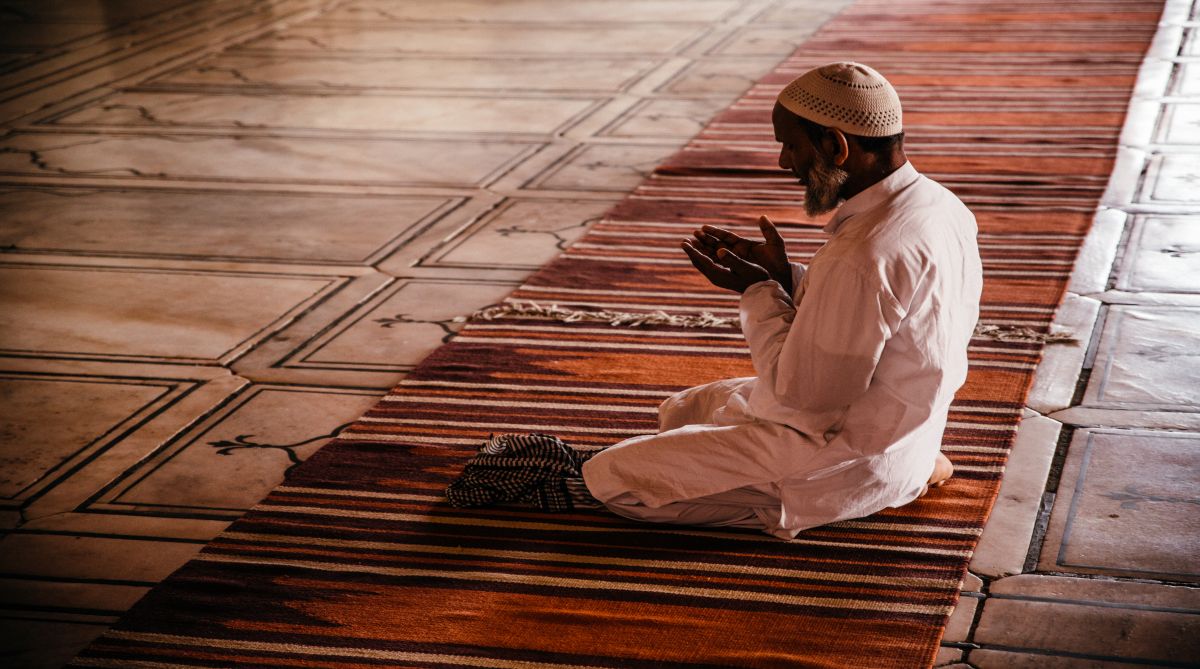The Supreme Court in a majority verdict on Thursday, declined to refer to a five-judge Constitution bench the issue of reconsideration of the observations in its 1994 judgement that a mosque was not integral to Islam that arose during the hearing of Ayodhya land dispute.
A 3-judge bench of Chief Justice Dipak Misra and Justices Ashok Bhushan and S Abdul Nazeer was hearing the petition.
Advertisement
In a 2:1 verdict, the apex court observed that no exceptions can be taken to 1994 observations.
“Places of worship of all religions are equal. All mosques, temples, churches are equal,” the Supreme Court observed.
“All religions and religious places need to be equally respected. Ashoka’s edicts preach tolerance to faith of others,” Justice Ashok Bhushan said.
However, Justice S Nazeer proposed a dissenting opinion on the matter, saying that “a larger bench was required to decide what constitutes essential religious practice”.
The Supreme Court said it will begin hearing on Ayodhya matter from October 29, 2018 to decide the suit on merit.
M Siddiq, one of the original litigants of the Ayodhya case who has died and is being represented through his legal heir, had assailed certain findings of the 1994 verdict in the case of M Ismail Faruqui holding that a mosque was not integral to the prayers offered by the followers of Islam.
It was argued by the Muslim groups before a special bench of Chief Justice Dipak Misra and Justices Ashok Bhushan and S A Nazeer that the “sweeping” observation of the apex court in the verdict needed to be reconsidered by a five-judge bench as “it had and will have a bearing” on the Babri Masjid-Ram Temple land dispute case.
Senior advocate Rajeev Dhavan, appearing for legal representative of Siddiq, had said that the observation that mosques were not essential for practising Islam were made by the apex court without any enquiry or considering the religious texts.
The Uttar Pradesh government had earlier told the top court that some Muslim groups were trying to delay the hearing in the “long-pending” Ayodhya temple-mosque land dispute case by seeking reconsideration of the observation in the 1994 verdict that a mosque was not integral to Islam.
Earlier, Hindu groups had opposed the plea of their Muslim counterparts that the 1994 verdict holding that a mosque was not integral to the prayers offered by the followers of Islam be referred to a larger bench.
The observations were made in the land acquisition matter pertaining to the Ayodhya site and the apex court had to consider two aspects as to whether a mosque could be acquired at all and whether a religious place of worship like a mosque, church or temple was immune from acquisition if it was a place of special significance for that religion and formed its essential and integral part.
A three-judge bench of the Allahabad High Court, in a 2:1 majority ruling, had in 2010 ordered that the land be partitioned equally among three parties — the Sunni Waqf Board, the Nirmohi Akhara and Ram Lalla.
(With agency inputs)
